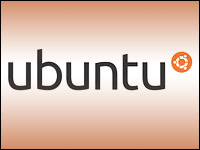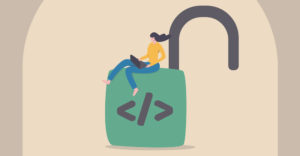
Without fanfare — in fact, there was no official announcement made at all — China decided to stop blocking its citizens’ access toWikipedia, the collaborative online encyclopedia.
The move hints that China may be loosening its control of public access to the Internet and other forms of media. The country’s tight grip on information access is legendary. It employs tens of thousands of censors to watch over the Internet and maintains strict limits on what can and cannot be published and viewed by its citizens — with information that reflects poorly on the government at the top of its objectionable content list.
Tech Industry Woes
Civil rights advocates are not the only ones watching to see if China’s state censorship program iswinding down. Tech companies such as Yahoo, Google and Microsoft have been lambasted for complying with demands from the Chinese government to censor search results, take down blogs offensive to the government, and hand over e-mail account information pertaining to users who allegedly posted sensitive information about government operations.
The offending tech companies were likened to spies, informants and worse in international press accounts, particularly when news broke that Yahoo’s collaboration with the Chinese government resulted in a 10-year jail sentence for a Chinese blogger who had used a Yahoo e-mail address.
In order to do business in China, these companies — as they are quick to point out — must abide by the rules China sets down, which include compliance with such requests for personal user information.
However, these companies could either refuse such government requests outright or launder the desired data so nothing that could identify a user would be handed over, critics argue. Apparently, though, neither prospect is desirable to these companies, who would no doubt prefer that the Chinese government simply grant its citizens free access to their content so as to make the entire issue go away.
Maybe, Maybe Not
It is indeed possible that China may be loosening up, David Reid, a professor atSeattle University who is heading up a China CEO Clinic in the city next month, told TechNewsWorld.
However, the government is not particularly adept at handling sensitive communications or messages, he noted, and this one development — granting access to a single information site — is not convincing evidence. It may be nothing more than a data point. Reid, for one, is taking a wait-and-see stance.
One guidepost he is looking for is unfettered access to media sites such as the BBC. “If we get to thepoint where the Chinese can log onto BBC.com on a regular basis with no difficulty, then we’ll know” China has changed, he said.
In fact, Reid doubts that Wikipedia is completely uncensored in China. He does not think, for instance, that a citizen could type in “Tiananmen Square” and find information about the 1989 protests alongside a more general description of the historic Beijing landmark. “It is just impossible to [imagine] that,” he said.




















































